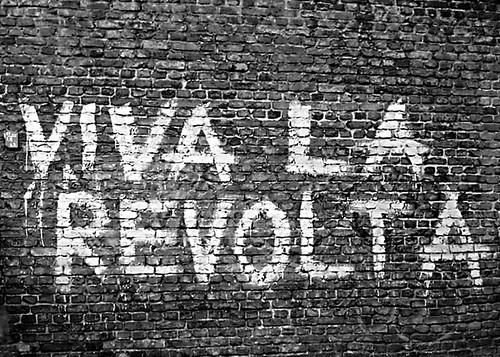 The five main points of the First Amendment are the rights to petition, assembly, speech, religion, and press.
The five main points of the First Amendment are the rights to petition, assembly, speech, religion, and press.Tinker vs. Des Moines School District (1969) - Student speech cannot be censored as long as it does not "materially disrupt class work or involve substantial disorder or invasion of the rightrs of others". Wore black armbands in protest of the Vietnam War, beginning in 196
Bethel School District vs. Fraser (1986) - Because school officials have an "interest in teaching students the boundaries of socially appropriate behavior," they can censor student speech that is vulgar or indecent, even if it does not cause a "material or substantial disruption." Inappropriate speech for class president.

Hazelwood School District vs. Kuhlmeier (1988) - Censorship of school-sponsored student expression is permissible when school officials can show that it is "reasonably related to legitimate pedagogical concerns." Censor stories in student newspaper about teen pregnancy and divorce
Morse vs. Frederick (June 5th, 2007)
January 2002; Olympic torch travels through town. Principal Morse cancels school, and Frederick (a senior at the school) unveils banner on the sidewalk across street which reads "Bong Hits 4 Jesus"-he was suspended for 10 days
Elements of Libel
-A defamatory statement (defames someones' character)
-Published to at least one other person (other than plaintiff)
-"Of and concerning" the plantiff (identify specifically with plaintiff
-False statement of fact
-False statement of fact
Libel cases are civil law and may be heard by juries. Monetary damages can be recieved as compensation for suffering
Libel is written, slander is spoken
Libel is written, slander is spoken


No comments:
Post a Comment